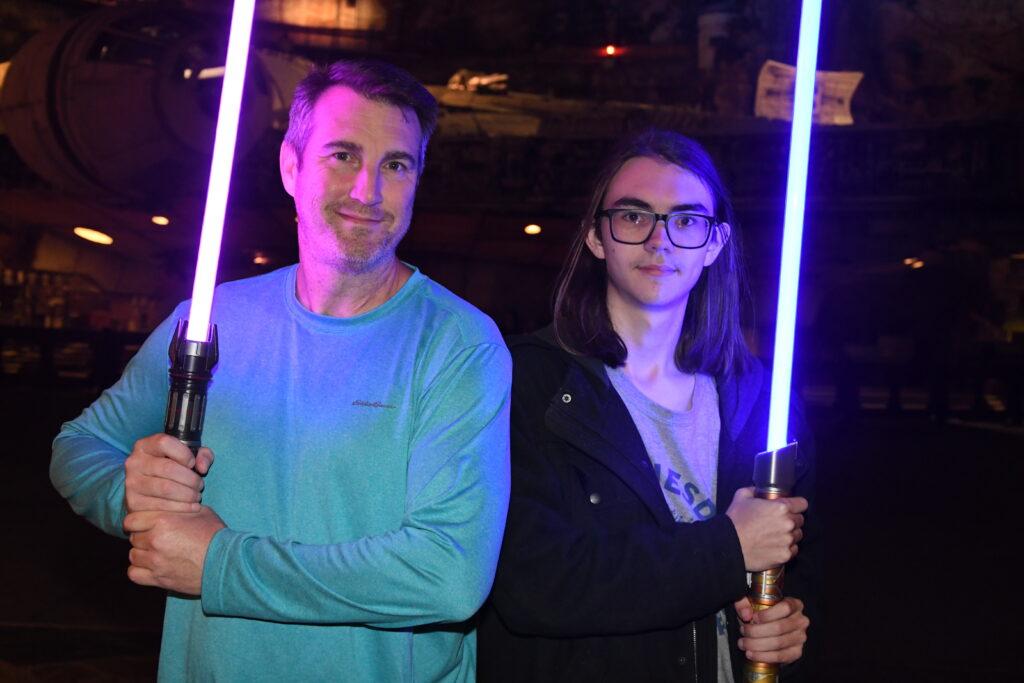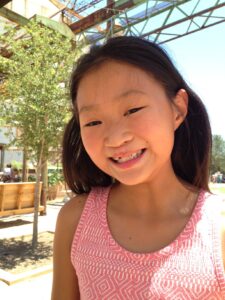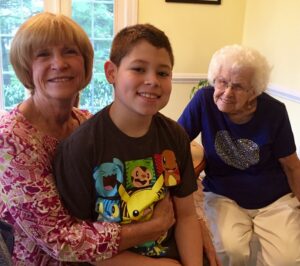This guest post is by Owen Smith, a young man who is diagnosed with Autism Spectrum Disorder (Asperger’s), dysgraphia, and ADHD. He is majoring in computer engineering at the University of West Florida this fall. He is interested in computers, Artificial intelligence, and cybersecurity careers. Smith is applying for the Spring 2024 Making a Difference Autism Scholarship via the nonprofit KFM Making a Difference started by me, Kerry Magro. I was nonverbal till 2.5 and diagnosed with autism at 4, and you can read more about my organization here. Autistics on Autism: Stories You Need to Hear About What Helped Them While Growing Up and Pursuing Their Dreams, our nonprofit’s new book, was released on March 29, 2022, on Amazon here for our community to enjoy featuring the stories of 100 autistic adults.
| My experience as a kid on the spectrum in school gives me a different perspective on higher education and makes me a great candidate for the KFM Making A Difference Scholarship. I was diagnosed with Autism Spectrum Disorder (Asperger’s), dysgraphia, and ADHD in elementary school, which caused behavior and grade issues in school. I have worked hard to figure out my barriers and work around them. I have also had to learn how to ask for help and asking for help can be a strength and not a weakness!
During the pandemic, my parents and the school noticed that I got better grades with online classes. At first, the school wanted everyone to go back, but once they really looked, I was allowed to take most of my core classes (math, English, and economics) online working at my own pace (I think I helped keep their A+ rating!). This change has helped me so much. I kept some classes like Robotics and Digital Design classes in school to give me some social interaction, but not too much to stress me out. I have had to work harder than other kids to figure out why I avoid some work like homework and assignments, and why I sometimes have to talk myself into seeing the need for doing it. Due to my dysgraphia, I have a lot of anxiety writing, and I usually avoid it as much as possible! So, I didn’t want to do it at first, but I learned that since I’m great with verbal communication, I could use Google voice-to-text to help write papers, since it’s easier for me to talk about a topic first. I also took an online Artificial Intelligence class and ended up with an A, because it is a subject I am interested in. Who knew that if you’re interested in a topic, English papers aren’t so horrifying?? I also want to educate people how to treat kids on the spectrum. My biggest issue now is dealing with how people treat me after they know my diagnosis. Some people treat me like I’m a baby and not capable of doing things, and they talk to me differently. It does make me want to talk to people less, but I am working on not doing that. As a kid, I tried sports and activities (football, soccer, Cub Scouts, and taekwondo). Due to staff not having autism training, I was not allowed to stay for most of them. This is why I was a volunteer Counselor with Kids on Campus summer camp at Northwest Florida State College. I was a camper when I was younger, but they didn’t know how to deal with a “special needs” child, so I couldn’t stay and participate (unless you count being there for only the first day of camp). I signed up to be a high school volunteer to show that people like me deserve opportunities and are capable of anything. I also drove a boy with autism home from a local autism center every day. His mom is one of my former ESE teachers, and we heard that she needed someone that is okay with him to help get him home from school every day. I knew that some people aren’t comfortable with driving a kid on the spectrum home from school, but he didn’t bother me at all. Follow my journey on Facebook, my Facebook Fan Page, Tiktok, Youtube & Instagram. My name is Kerry Magro, a professional speaker and best-selling author who is also on the autism spectrum. I started the nonprofit KFM Making a Difference in 2011 to help students with autism receive scholarship aid to pursue post-secondary education. Help support me so I can continue to help students with autism go to college by making a tax-deductible donation to our nonprofit here. Autistics on Autism: Stories You Need to Hear About What Helped Them While Growing Up and Pursuing Their Dreams was released on March 29, 2022 on Amazon here for our community to enjoy featuring the stories of 100 autistic adults. 100% of the proceeds from this book will go back to our nonprofit to support initiatives like our autism scholarship program. In addition, this autistic adult’s essay you just read will be featured in a future volume of this book as we plan on making this into a series of books on autistic adults. |














